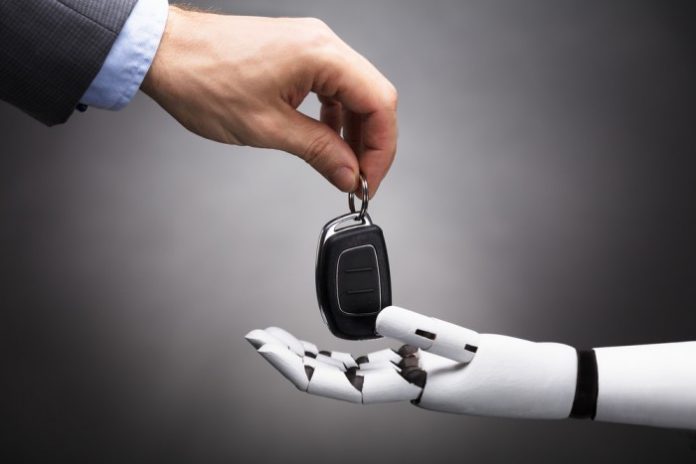Nearly everyone has heard of Uber. Taking over the taxi cab industry in both big cities and rural towns, it’s a way that the community can use a “rideshare” program to save the driver money while allowing riders to get where they need to be for a fraction of the cost. The new rideshare app has created a firestorm of debate about insurance matters and personal injury. Essentially, anyone who works with Uber is turning their private vehicle into a commercial transport. This creates a whole new set of liability issues, but the newest problem on the horizon has nothing to do with the drivers.
Uber has announced that they are going to work on providing their drivers with autonomous cars. What are autonomous cars? They are cars that literally drive themselves. The hope is that Uber drivers will soon be nothing more than a fleet of self-driven cars that can take you from point A to point B without needing anyone to operate them. That is a very good idea in theory. Not only does that mean that Uber can cut out the middleman by eliminating the need to pay drivers, but it can also cut down on car accidents due to human error. Or can it?
The problem with autonomous cars isn’t exclusive to Uber; it is causing a frenzy in personal injury circles. Without a proven record of safety, and with very few regulations in place, self-driving cars are just a theory for right now. The technology is not new, but it has not been tested properly enough to make the public or public officials confident that the cars will not lead to more chaos and accidents on the road. After all, you are turning over a loaded weapon to a series of computers and algorithms. Some authorities believe that this could cause a plethora of personal injury suits, overloading the court system.
Uber has made a public announcement that they will be testing the cars in Pittsburgh. Teaming up with TechCrunch.com, they intend to replace as many as a million Uber drivers with self-driving cars. That is not only an anxiety producing proposition for Uber drivers, who will be out of a job — it is also a big concern for safety officials. Injury lawyer and accident attorneys see all sorts of personal injury suits on the horizon.
Uber intends to add a fleet of cars around Pittsburgh, consisting of self-driving Volvo XC90s. Volvo is an automobile company known for its excellent safety track record, which should lend some credence to the claim that self-driving cars may actually be safer than human drivers. To ensure that the test runs smoothly, there will be two people in each car. Not only will there be a “driver” at the helm, who can take over if there are any issues at the wheel, but there will also be a passenger whose sole purpose is to sit, observe, and record how well the test runs work.
What will Uber passengers get for their participation? These test cars will be offered for free rides during the test phase. That may sound like an awesome proposition for those wanting a free ride, but what they may not understand is that they are nothing short of test monkeys. These cars have never been on the road in any real capacity, so to assume that things will go smoothly is a very big and risky assumption to make.
Uber does not intend to manufacture their own fleet of self-driving cars. Instead, they hope to have an autonomous car “kit” that will allow cars to be transformed into autonomous automobiles. Using previously manufactured and driven vehicles, their hope is to transform cars that are already being made, to save on the cost of developing their own brand or manufacturer. They are also toying with the idea of creating a fleet of self-driving trucks to do away with the need for truck drivers.
With so many legalities already plaguing the autonomous driving industry, including concerns about personal injury responsibility, Uber just upped the stakes. If things do not go as smoothly as they hope, it could create a firestorm of personal injury lawsuits. With so many parties involved, who will hold the ultimate responsibility? As for passengers who are willing to take a free ride, they’d better hold onto their seats, it may just be a bumpy ride.















































